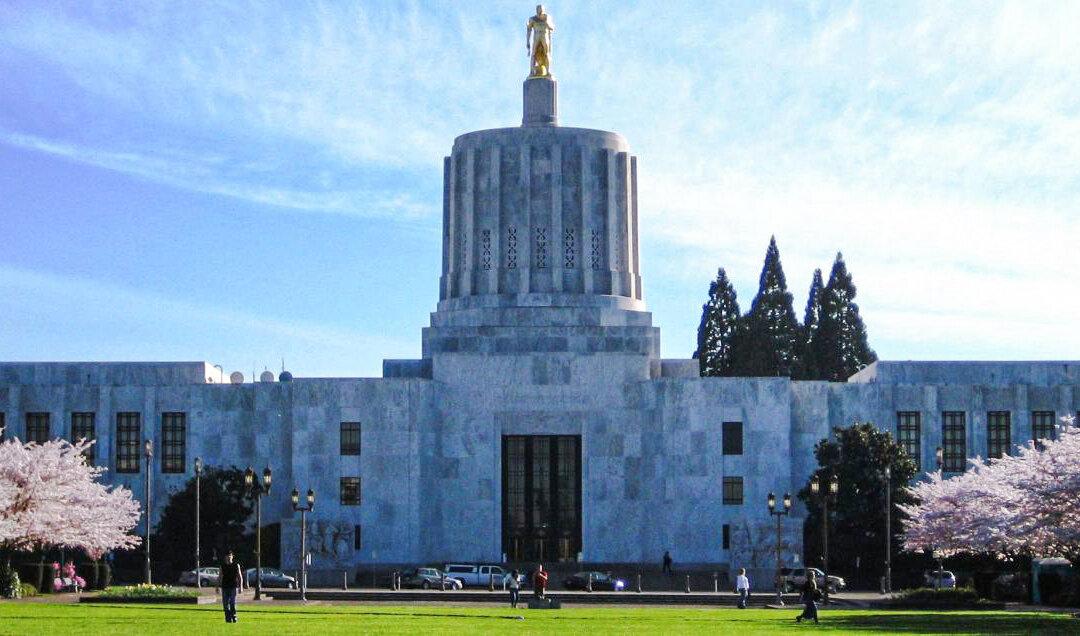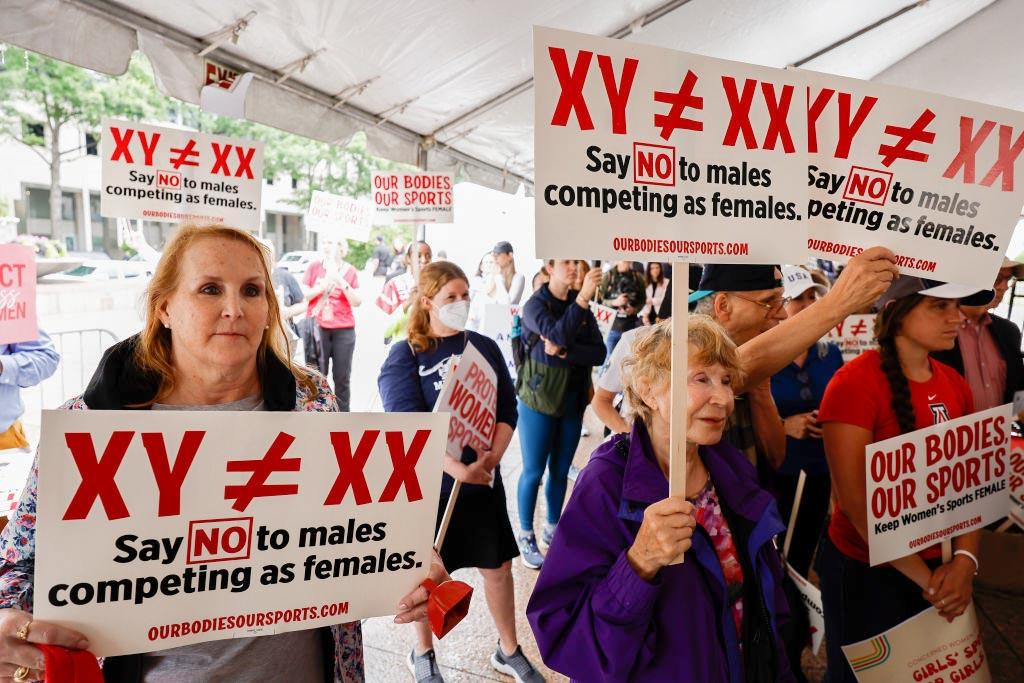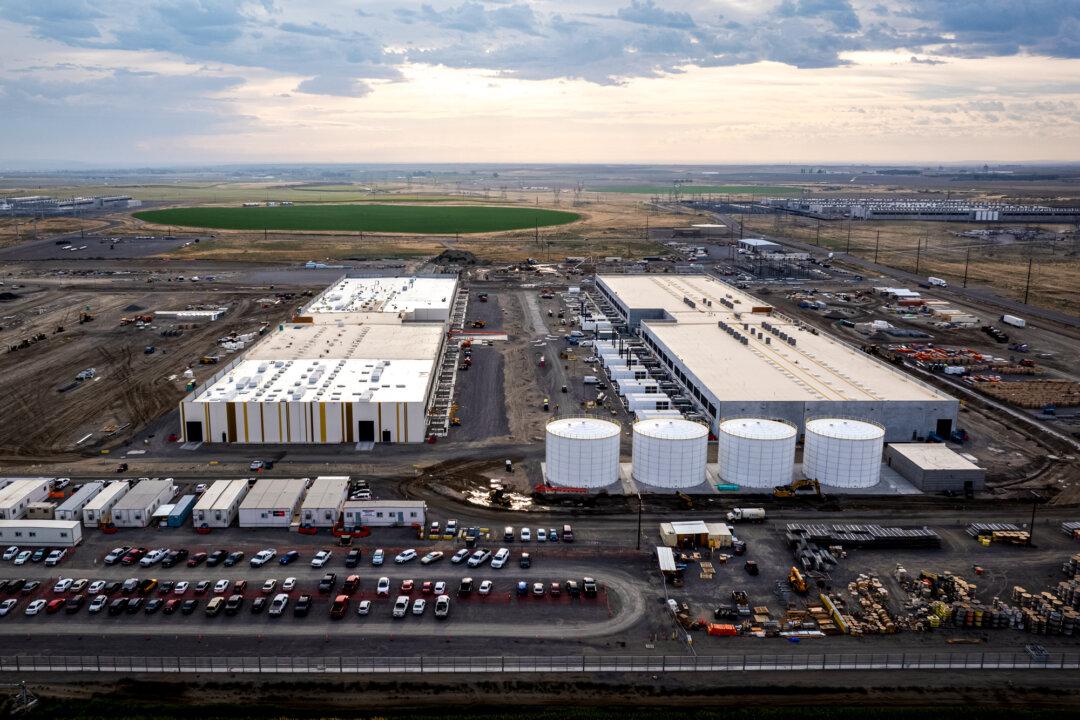State Treasurer Tobias Read aims to make the $100 billion Oregon Public Employees Retirement Fund, the 16th largest pension fund in the nation, carbon neutral by 2050.
The fund currently has approximately $5.3 billion invested in fossil fuel companies and $1 billion in companies that mine and burn coal, according to an April 2023 report from Divest Oregon.
Mr. Read previewed the framework of the “Net-Zero Plan” at a Jan. 11 meeting of the Oregon Legislature’s Emergency Management, General Government and Veterans committee.
On Feb 6, he will present the full proposal to the five-member Oregon Investment Council (OIC). Mr. Read hopes that OIC will embrace his goal of 50 percent decarbonization of the state’s assets by 2035 and net zero greenhouse gas emissions (GHG) by 2050. He may also propose a more ambitious target as early as 2040.
If approved by that council, of which Mr. Read is a member, the plan will then advance to the State Legislature for consideration during its short 35-day session that convenes Feb. 5. Lawmakers can then decide whether to provide resources to implement the plan.
Mr. Read projects implementation of the plan over a four-year period beginning in 2024. By 2028, the State Treasurer’s office would begin to divest itself of investments in fossil fuel companies and industries with high emissions and into investments that support a reduction in GHGs.
But reaching the point of net zero emissions will not be easy.
“If you ask, how much do you have invested in Chevron? That’s a relatively easy answer,” Mr. Read said. “But if you said, ‘What’s our investment in Berkshire Hathaway, that’s about $158 million … but there are tons of subsidiaries of Berkshire Hathaway.”
“Drilling down into who Berkshire Hathaway is investing in becomes more complicated.”
The bill would also face strong opposition.
Whose Money?
When a similar piece of legislation (HB2601) was introduced during the 2023 legislative session, it was projected to result in a significant loss of returns from public employee pensions.
Senate Republican Leader Tim Knopp testified against the bill.
“This bill makes a damaging assumption that the retirement funds of public employees belong to the State of Oregon,” Mr. Knopp testified.
“That assumption is both dangerous and wrong. This money belongs to public employees. It belongs to firefighters, police officers, teachers, and all those who serve Oregonians every day,” said Senator Knopp.
“Oregon Courts have affirmed over the past thirty years that the money in the public employee retirement fund belongs to public employees, not to the state or state lawmakers. We cannot and should not do anything to usurp their decision-making authority about how their money is invested and that would lead to a decline in their earnings or their retirement future,” concluded Mr. Knopp.
During his Jan 11 testimony, Mr. Read said that his priorities as a fiduciary are not at odds with the Net Zero Plan.
“Climate change is real,” Mr. Read told the committee. “Planning and acting now to address the investment risks and opportunities of the climate crisis is a critical next step in making sure the pension fund will produce strong returns for public employees for generations to come.”





